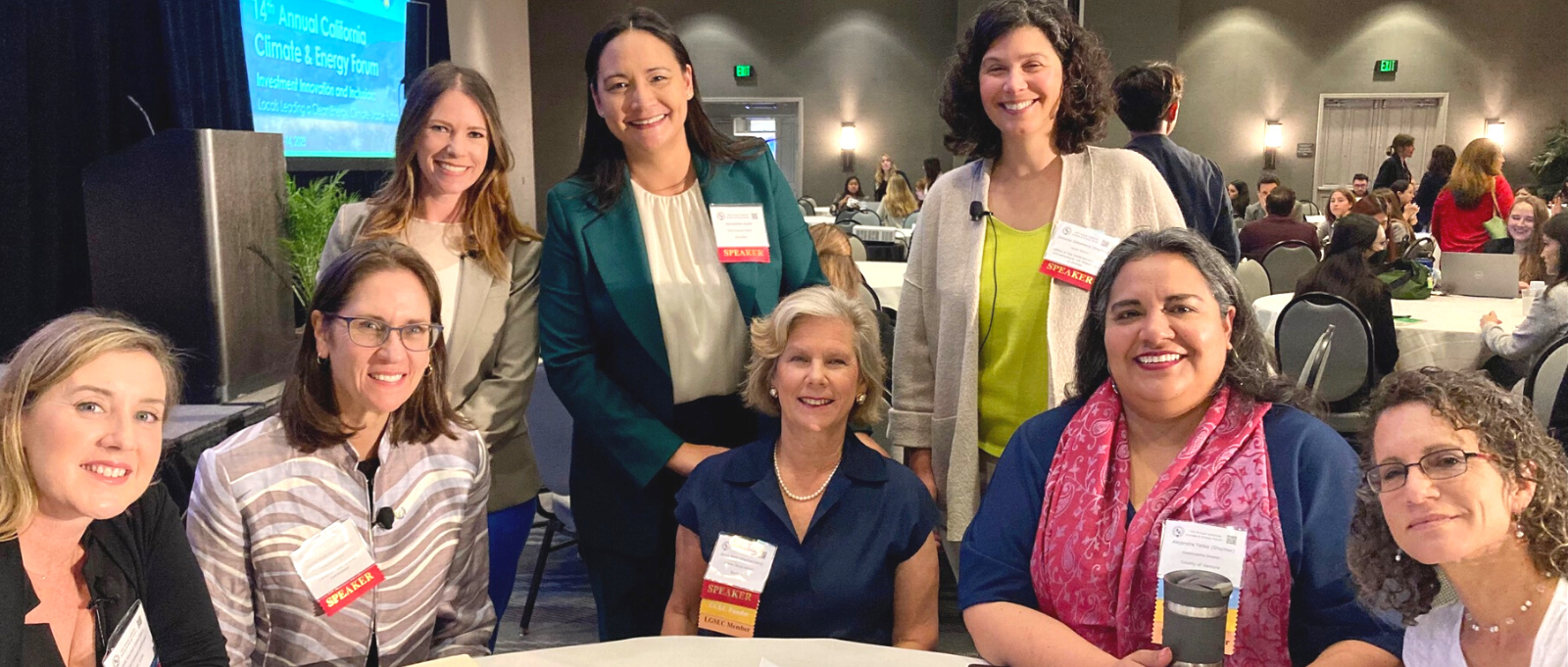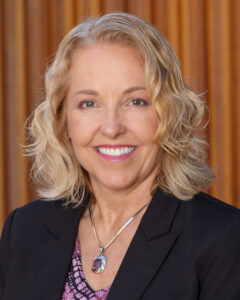June 29, 2023
Topic
Earlier this month, over 400 local and regional elected officials, sustainability staff, practitioners, nonprofits, and private sector service providers from 119 communities gathered in Santa Rosa for the 14th annual California Climate & Energy Forum. Hosted by the California Climate & Energy Collaborative (CCEC)—a CivicWell initiative funded by the state’s Regional Energy Networks—the CCEC Forum convenes government and industry leaders from across the state to share best practices and cutting edge innovations in the climate and energy field.
The theme for this year’s forum was Investment, Innovation, and Inclusion: Locals Leading a Clean Energy, Climate-Stable Future for All. CCEC Best Practices Coordinator Angie Hacker cited the timeliness of this theme for local energy and climate leaders given the recent windfall of policy investments: “We all know much of the critical energy and climate work is done on the ground in communities. Doing this work under exceeding pressures of climate change, energy accessibility, and economic disparities demands continuous innovation and inclusion, which can’t be done without dollars and people power. CCEC is where local experimentation turns into replication, collaboration, and innovation… all critical pieces of scaling up our collective impact.”
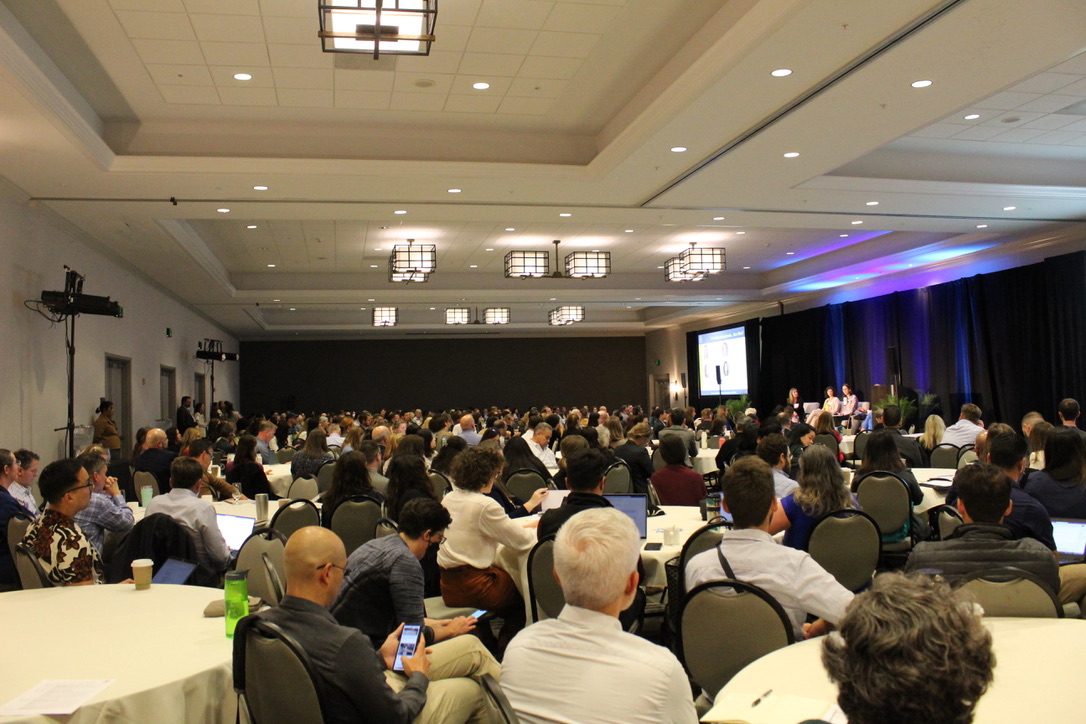
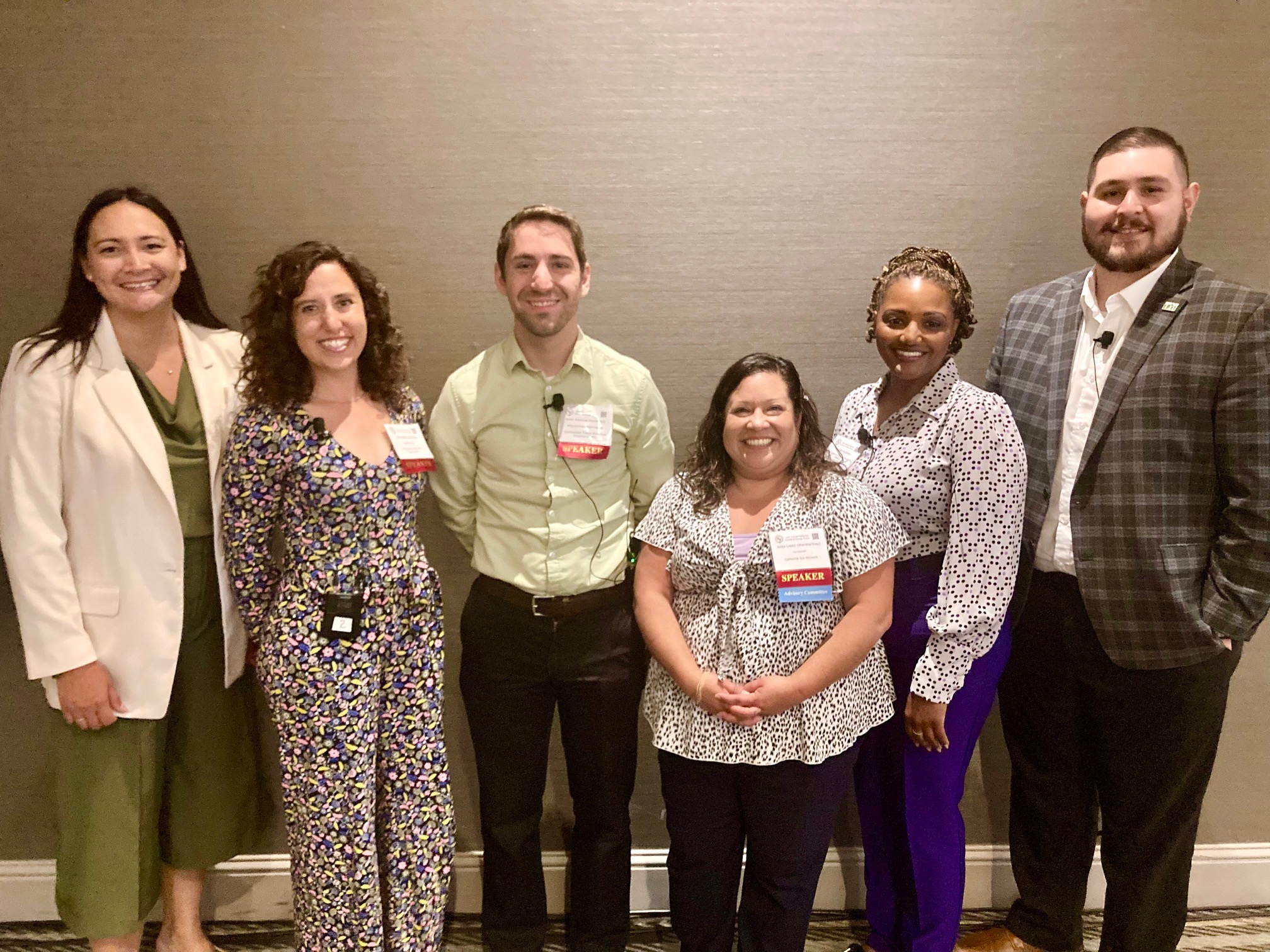
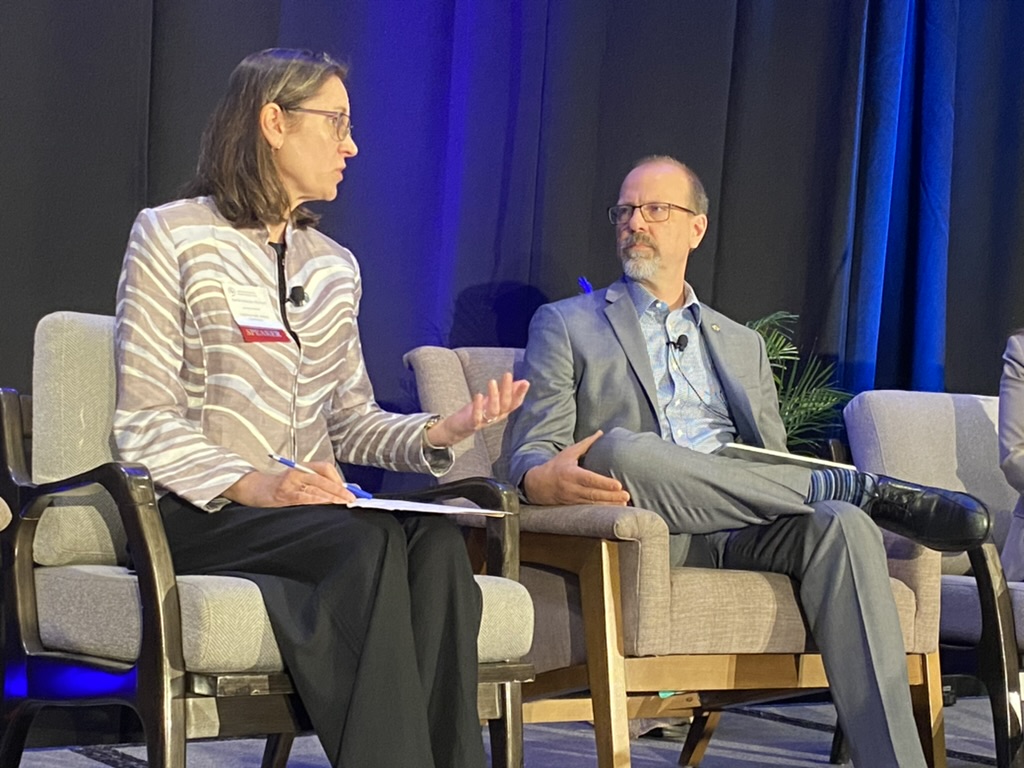
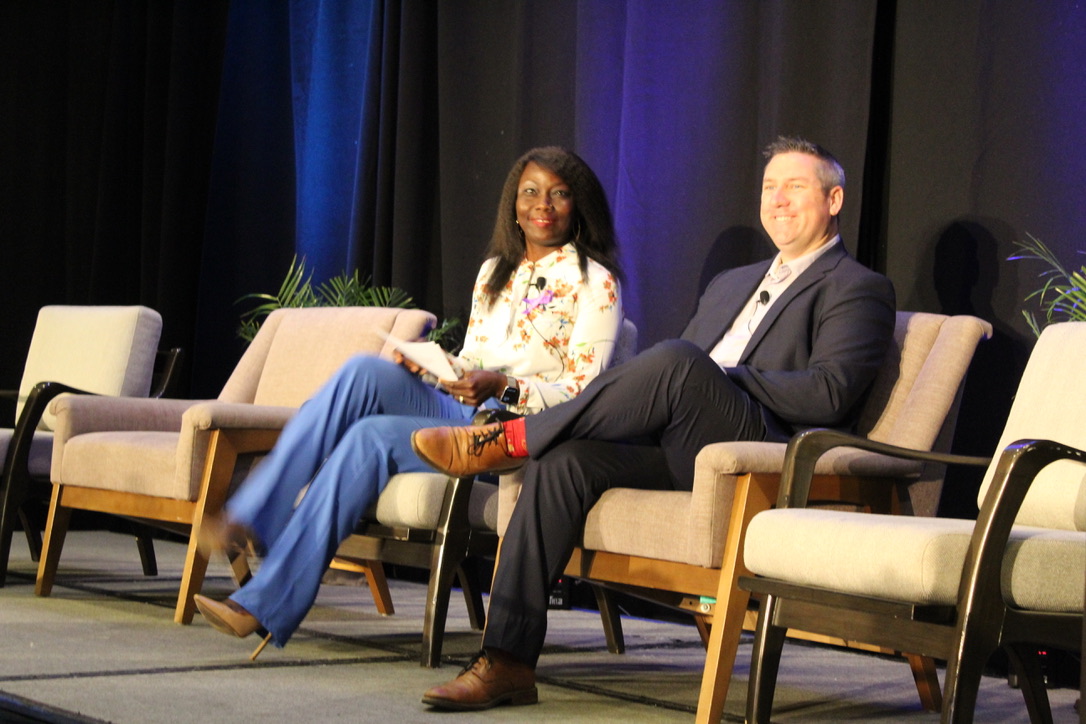
A Unique Opportunity for Networking and Partnership Building
As the impacts of climate change continue to intensify, the CCEC Forum offers a one-of-a-kind space for knowledge exchange to advance urgent energy, climate, and equity goals within California communities. The program underscored the critical role of local governments in driving the transition to a clean energy and climate-stable future, sharing successful strategies employed by cities and regions across California to tackle climate change, implement sustainable policies, promote energy efficiency, and decarbonize buildings.
Tessa Charnofsky of SoCalREN and the County of Los Angeles shared, “I had conversations with solar developers, environmental justice champions, workforce equity promoters, EV charging enthusiasts, and even composters. This forum was a wealth of free flowing information sharing.”
Program sessions highlighted collaboration opportunities on climate investments, decarbonization, state and local coordination, and Climate Resilience Districts.
Angie Hacker commented on deepening relationships between leaders at different levels of government: “I was heartened to see stronger bridges being built with key State and federal agencies, who are our natural partners in ensuring communities can use the investments available in a strategic and inclusive way.”
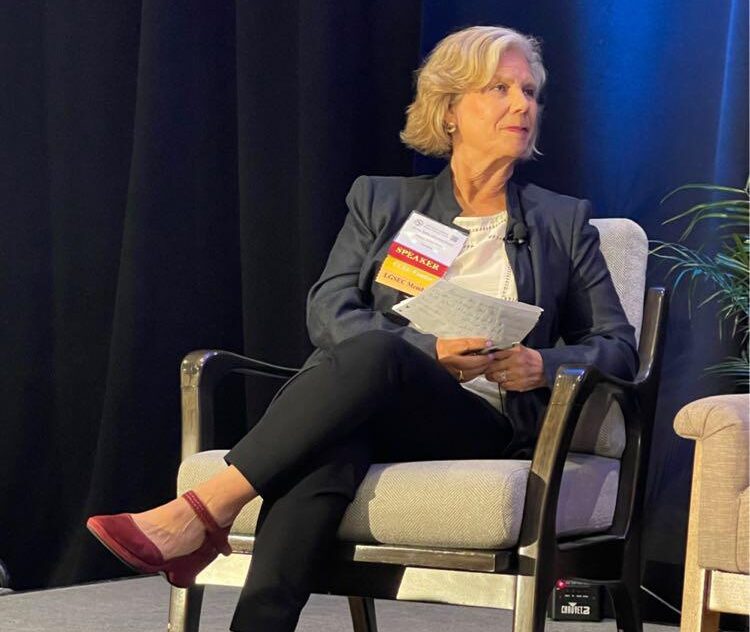
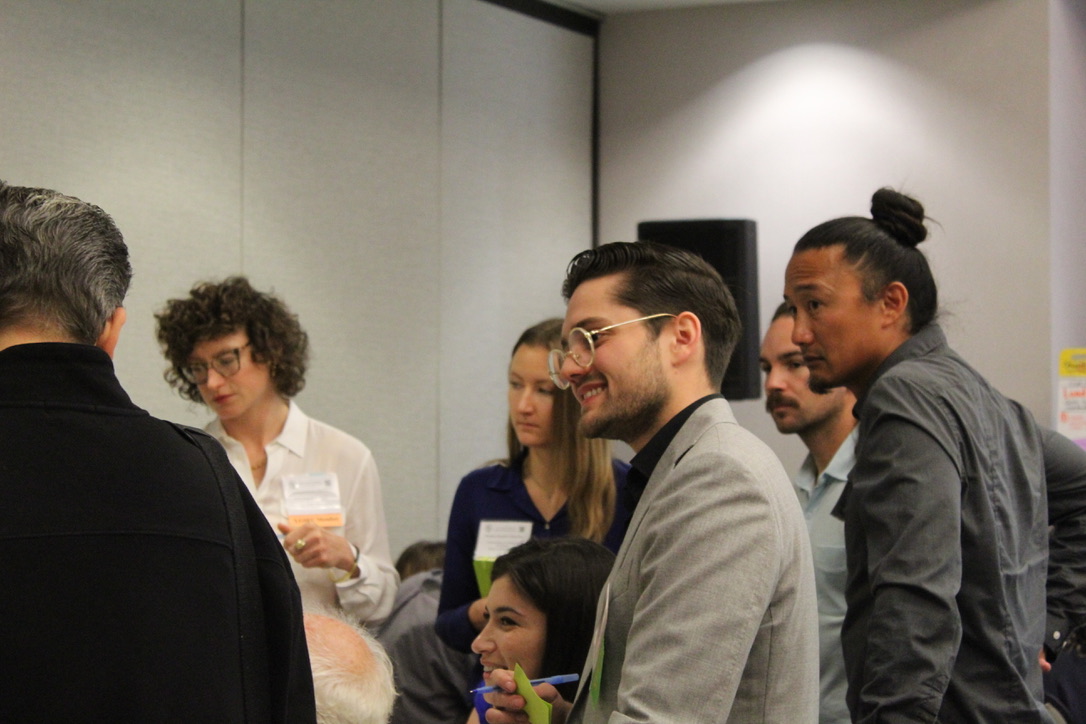
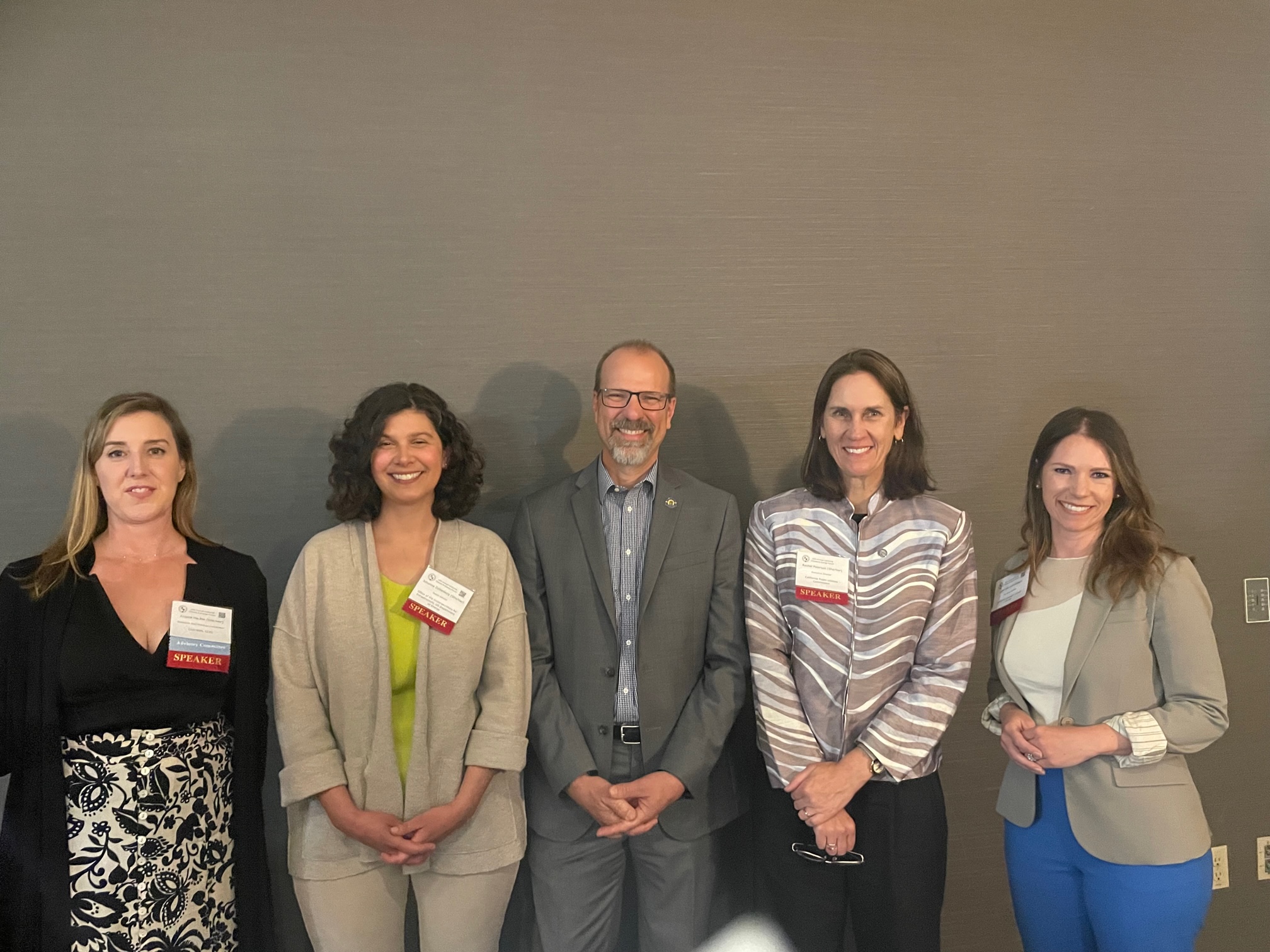
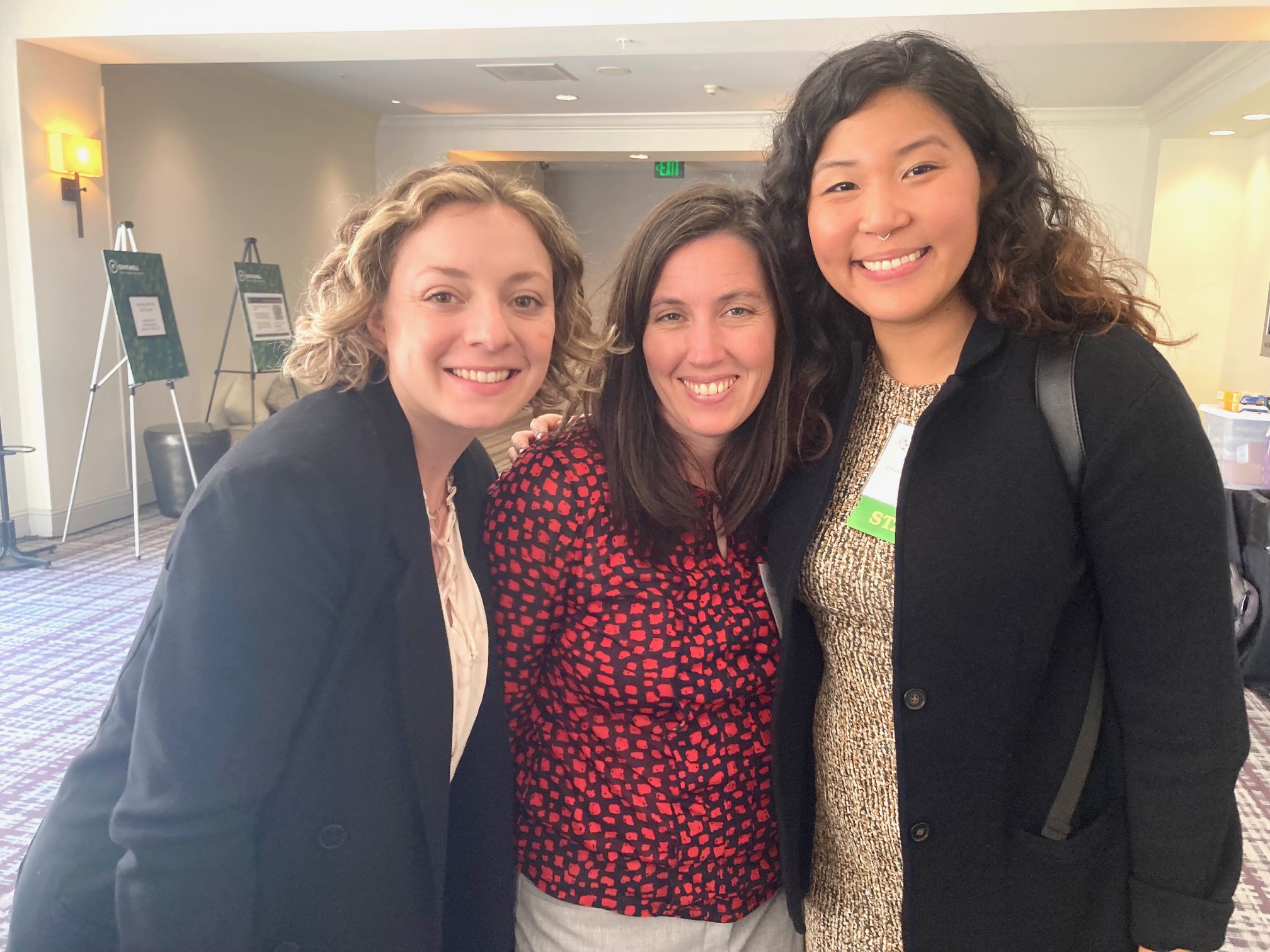
Building Capacity to Address Climate and Energy Challenges
Capacity building was a prominent theme in both the program and conversations between forum participants. Jennifer Berg, Energy Section Director at BayREN, noted, “regardless of where you live and work, we are all struggling with many of the same challenges trying to reach climate goals, especially around workforce.”
This common obstacle led to creative brainstorming and knowledge sharing around solutions. A breakout session highlighted the success of the recent Future Green Leaders Summit in building student awareness about career pathways in Sustainability and Energy Efficiency. The closing plenary gathered leaders from government, labor, and community-based organizations to discuss research, policies, and practices to build career pathways for a growing clean energy and climate workforce.
“In addition to the rich and informative breakout sessions, time was well spent networking, giving ways to spontaneous brainstorming conversations during lunch breaks, on efficient outreach and communication strategies and available internship programs to help alleviate staff’s workload.”
NJ Mvondo, Chair, Yolo County Climate Action Commission
“A theme I heard from the audience frequently was the idea of funding projects via block grants rather than forcing competition and therefore winners and losers amongst the organizations and agencies that do critical work to address climate change.”
Tessa Charnofky, SoCalREN/County of Los Angeles
Spreading the Word About RuralREN
CCEC is funded by the state’s Regional Energy Networks (RENs), administrators of energy efficiency programs authorized by the CPUC to draw on capacity and innovative ideas from local governments. The RENs’ unique design enables them to provide holistic solutions for customers, serve hard-to-reach communities, and more accurately address regional energy efficiency needs.
Since 2013, four RENs have been established that serve over 27.5 California residents:
- SoCalREN
- BayREN
- 3C-REN
- Inland REN (IREN)
Many CCEC Forum attendees expressed excitement that a fifth REN serving rural areas in the State (RuralREN) is in development, offering increased opportunity for advancing clean energy and climate goals in hard-to-reach and small communities. A partnership between eight agencies serving rural areas in California, RuralREN will leverage regional collaboration and local relationships.
According to Stephen Kullmann of RuralREN program administrator Redwood Coast Energy Authority, “Services designed with the urban customer in mind often cannot meet rural needs and reach rural customers…By focusing on the rural hard-to-reach sector across the entire state, leveraging the expertise of the seven Rural REN partners, we will be able to provide services to these often-overlooked segments.”
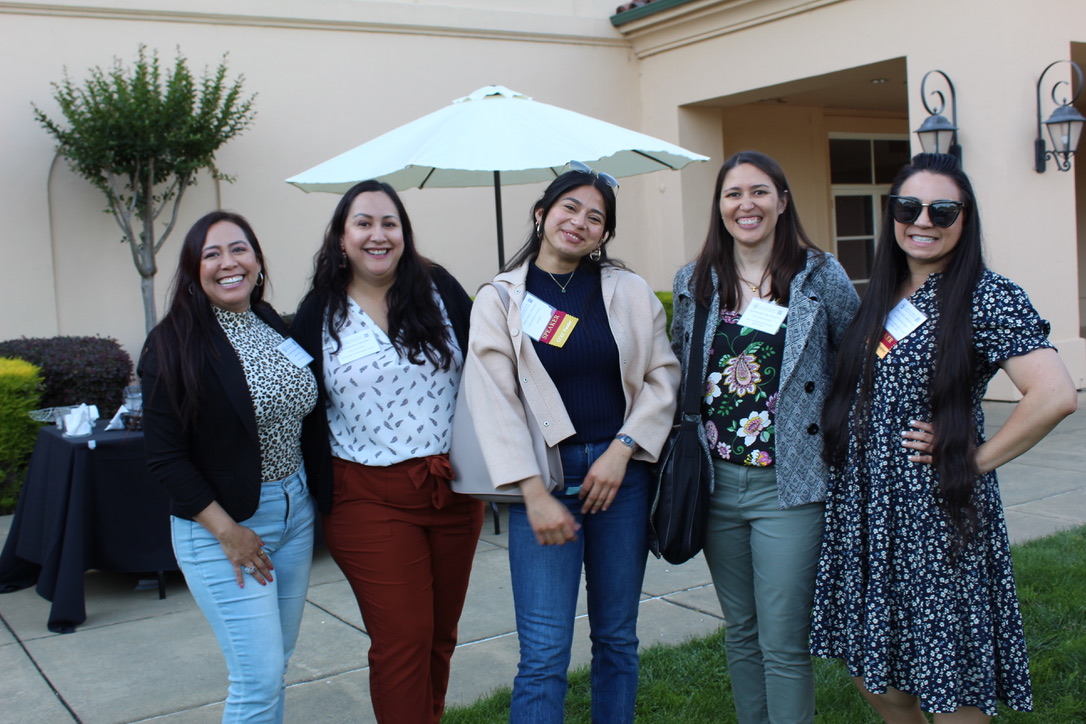
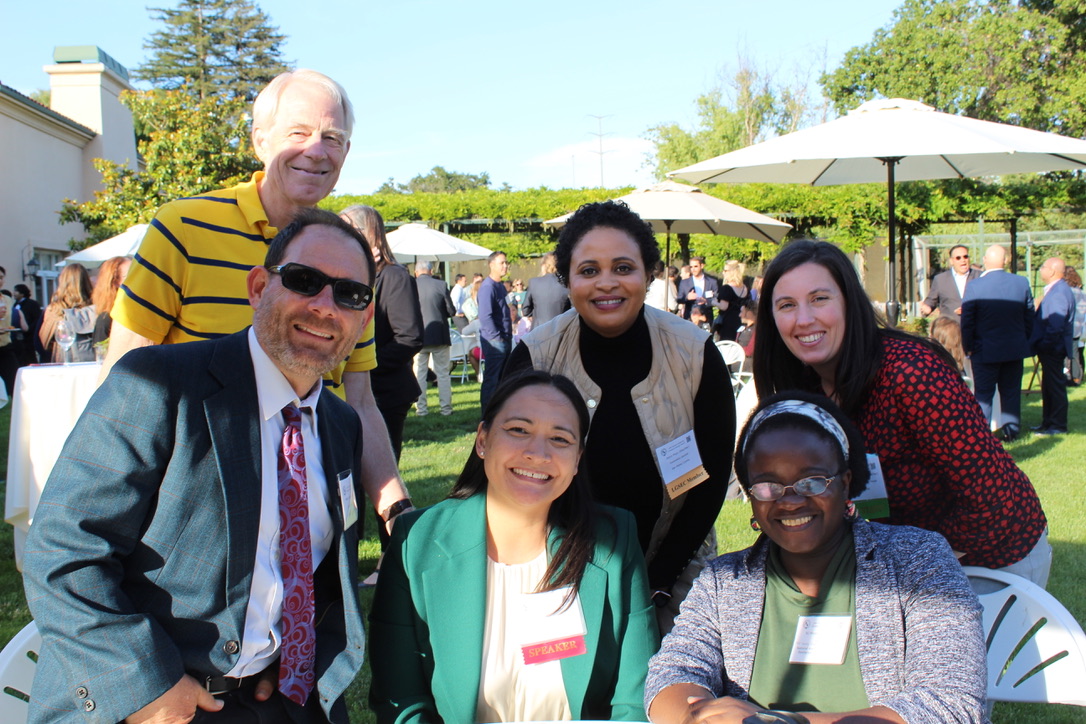
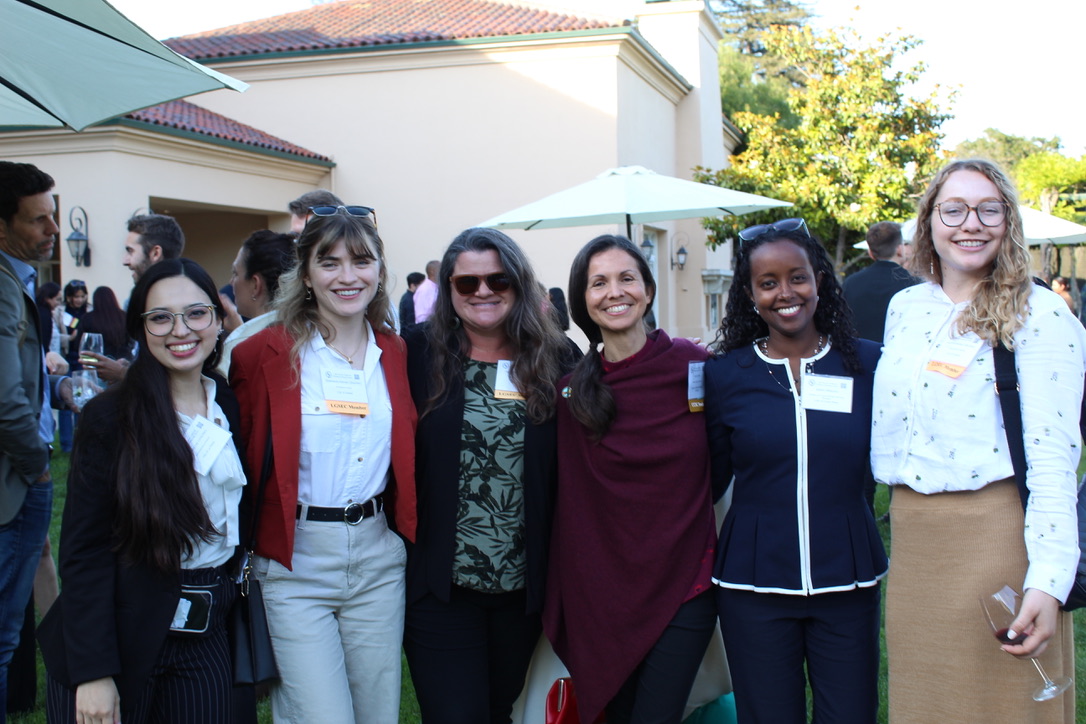
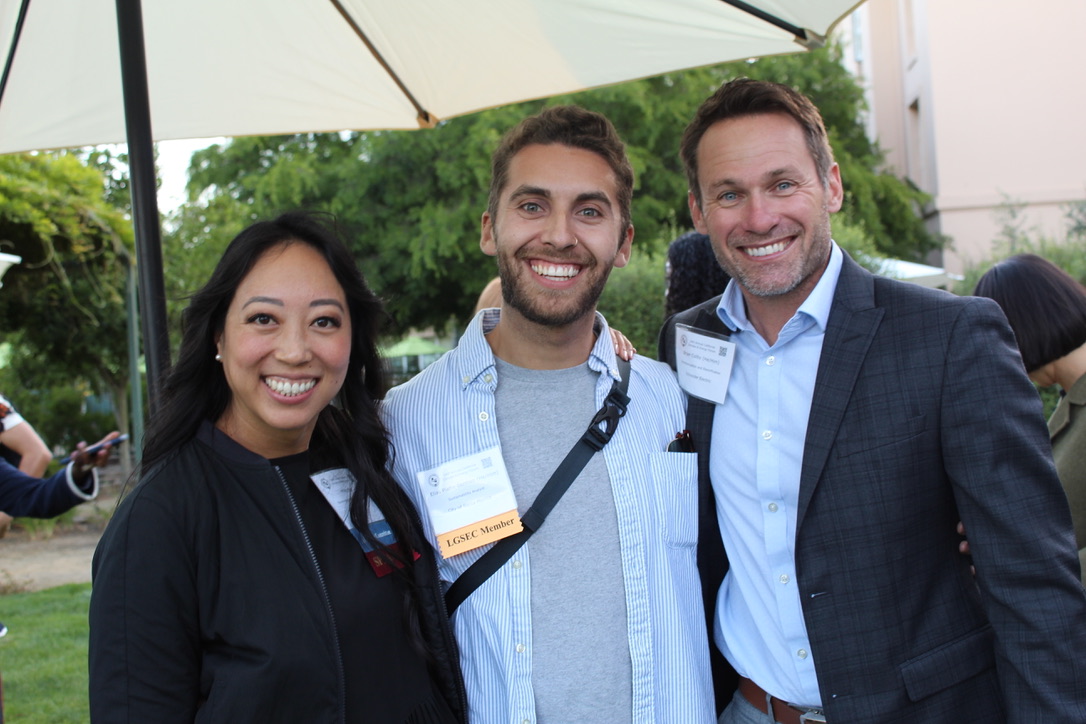
Session Highlight: A Call to Action – Climate Equity through Regenerative Economics
The Climate Equity through Regenerative Economics session provided participants with an opportunity to connect through community agreements, land reflection, and intention setting led by Curandera Yvette Robles, founder of Pathfinder Well Care. Anita Lopez, Co-Founder of the California Eco-Network, provided a background on four key principles of regenerative economics that can be used as a pathway toward building new paradigms and systems changes that align with the Just Transition movement.
Panelists Dominic Allamano, Teresa Almaguer, Maria Muhammad, and Fatima Malik were invited to discuss their projects and efforts that exemplify four (of eight) key principles of Regenerative Economics:
- Robust circulatory flow that supports how resources flow into communities
- Empowered participation which honors community members as experts
- Understanding that production is not the only metric of success, which includes viewing wealth holistically
- Maximizing investments in human, social, natural, and physical capital
The group then split into two breakout groups for questions as the “Call to Action.” Participants were asked, “As it relates to regenerative economic principles, how could or do you implement climate equity in your work?” or “What should funders be thinking about and prioritizing to enact Climate Equity in an inclusive and holistic manner?”
Participants were invited to represent their whole person and to reflect, taking accountability for how they can promote regenerative economic principles in their respective communities. The collective call to action has been summarized in the final presentation slides. The sacred circle format allowed for all to equitably participate, while honoring cultural and spiritual traditions.
Want to Get Involved?
CCEC supports California local governments to save energy, reduce greenhouse gas emissions, and accelerate climate action by building knowledge and networks amongst local government practitioners. Every second Tuesday CCEC hosts Local Energy Resources Network (LERN) meetings to exchange knowledge, resources, input, and opportunities to help California local governments pursue their energy and climate goals. Sign up here to attend.
Join us next month at the California Adaptation Forum!
The biennial California Adaptation Forum (CAF) aims to gather California’s adaptation community to foster knowledge exchange, innovation, and mutual support to accelerate adaptation efforts and create equitable and resilient communities throughout the state. The 2023 California Adaptation Forum will be held July 31 – August 2 in Pomona. You can find out more and register here. CAF is hosted and organized by CivicWell in partnership with the Governor’s Office of Planning and Research.

Policy Corner
Governor and Legislature Settle on State Budget
The Legislature and Governor Gavin Newsom ran right up to the constitutional deadline, but California has a state budget for 2023-24. Totaling about $310 billion, the new budget includes some cuts and spending deferrals to accommodate an expected deficit of approximately $32 billion, but does not dip into the state’s rainy day fund or other reserves.
The deficit was one issue that made reaching a budget agreement more difficult this year, but other issues also needed resolution after the Legislature approved a budget on June 15 that did not entirely comport with the Governor’s approach. Additional items that required further negotiation between legislative leaders and the Governor included funding for public transit, climate programs, housing and homeless assistance, child care, Medi-Cal, and other issues.
On selected issues of interest, the budget includes the following:
- Public transit: $5.1 billion over four years to help transit agencies stave off the “fiscal cliff” they may face when federal funding expires in 2025. The funding comes from $4 billion slated for construction projects and $1.1 billion from additional Cap and Trade revenues. The budget permits any of the funding to be used for operations, if necessary.
- Climate programs: Originally the Governor proposed to cut or defer $6 billion but the budget settles on $2.9 billion in cuts, including:
- Transformative Climate Communities (TCC) cut by $205 million
- Regional Climate Resilience cut by $200 million
- Sustainable Groundwater Management Act (SGMA) implementation cut by $60 million
- Multibenefit Land Repurposing (MLRP) cut by $20 million
- Urban Greening cut by $175 million
- $35 million was restored for the Extreme Heat Program over previous proposed cuts
- Zero emission vehicles (ZEVs): About $10 billion for ZEVs is contained in the budget over multiple years, with $550 million added from Cap and Trade revenues. For 2023-24, funding is cut from $1.1 billion to $847 million. Projected funding is $1.4 billion for 2024-25, $1.4 billion for 2025-26, and $906 million in 2026-27.
- Housing and Homelessness Assistance: The budget restores $200 million for the California Dream for All program to assist first-time homebuyers after the program’s initial $300 million was quickly exhausted. Also included is $1 billion to local governments for homeless assistance programs, although local governments and advocates had argued for more. In total, the budget includes about $3 billion to support a variety of housing and homeless assistance programs.
- Water: Added to the budget is $290 million for flood protection as concern shifts in the near term from drought relief to flood risk, along with $40 million for San Joaquin Valley floodplain restoration. Rejected for inclusion in the budget is the codification of an earlier executive order by the Governor regarding streamlining permitting on groundwater recharge projects.
The biggest issue delaying an agreement was the request by the Governor to include trailer bills along with the budget addressing his proposals for streamlining the review, approval, and construction of certain types of energy, water, and transportation projects. The proposals center on modifying some requirements under the California Environmental Quality Act (CEQA) for evaluation of projects and limiting the time for judicial review under CEQA. In addition, permitting for eligible projects would be sped up and procurement of materials would be expedited.
While a number of business and labor organizations applauded the proposals, environmental organizations raised concerns. A number of legislators, located primarily in the vicinity of the Sacramento Delta, objected that the proposals would apply to the enormously contentious Sacramento Delta Tunnel project. As a result, that project has been deleted from those which would be potentially eligible if the proposals are enacted.
While not ultimately acted on at the same time as the budget itself, it is expected that the Legislature will approve the Governor’s proposals in substance, perhaps as early as July 5. In the meantime, the Senate has formed a select committee, chaired by Senator Mike McGuire, specifically to vet the proposals further.
Board Highlight
Truckee Town Councilmember Anna Klovstad Joins CivicWell Board
CivicWell is excited to welcome Anna Klovstad to our Board of Directors. Ms. Klovstad has been a member of the Truckee Town Council since 2018.
Environmental and sustainable practices are Anna’s passion. She is a construction manager for the Tahoe City Public Utility District, and previously served for Tahoe Truckee Unified School District (TTUSD). She has also managed the State and Federal award-winning TTUSD sustainability program. Her leadership has resulted in energy efficiency improvements in the School District that save hundreds of thousands of dollars annually. Ms. Klovstad is a licensed Certified Construction Manager (CCM) through the Construction Managers Association of America (CMAA) and a licensed Certified Energy Manager (CEM) from the Association of Energy Engineers (AEE).





